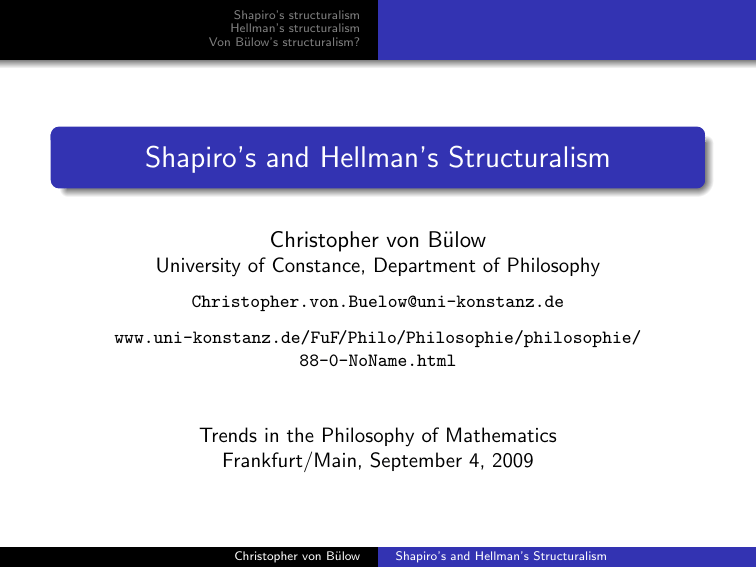It is difficult to write the words “democracy is in crisis” without a sense of reluctance. In many ways, it feels like a trivial observation given the state of the world. While this does not make the statement less true, it needs to be fine-tuned. It is not only democratic values, procedures and institutions that are in danger, the problem lies deeper. Our present is characterized by a crisis of political imagination. Let me be clear: not a crisis of imagination per se. We can imagine all sorts of things—especially in the technological realm—from robots doing essential care work and AI writing our books, to life on Mars. It is much more difficult, however, to envision a political future that is neither a mere extension of the status quo nor a return to parochial and ethnocentric forms of rule. The effort to shield democracy from its various enemies is usually restricted to defending its liberal variant, including the (sometimes grudging) acceptance of the nation-state as its container and capitalism as its mode of operation. Another world seems impossible, so why waste our energy imagining it?
As a preliminary answer, I want to suggest that there is value in switching from merely mounting a rearguard action—desperately trying to maintain the liberal-democratic status quo in the face of growing and growingly perfidious attacks on political and social rights—to an offensive defense of democracy, deepening and radicalizing what the promise of freedom, equality and solidarity might mean. If the various crises of Western democracy, such as the representation crisis (the rise of “post-democracy”, the populist or authoritarian turn, and the more and more obvious oligarchic features of liberal democracies) are symptoms of a crisis of political imagination, then widening the horizon of what seems possible is the necessary first step towards coming out of the defensive. To protect democracy means to rethink democracy.
To that end, it is particularly productive to turn to the history of ideas to broaden the democratic imaginary. Not in the sense of rehearsing once more the canonical narrative of the triumph of modern democracy, of course. But rather by deliberately looking at historical sources that trigger a sense of estrangement from the present, that remind us that things could have turned out otherwise. In short: by exploring and centering ideas that demonstrate the contingency of our current set-up. The anachronism that necessarily comes with such a research practice should be embraced. It is precisely in the friction between then and now, between the timely and the untimely, that the boundaries of our political imagination are being extended. The job, however, is not done by merely disclosing possibilities or just stating the contingent nature of our current political institutions. The next and equally important step is to construct an argument of how and why certain ideas, proposals or institutions from the past that do not seamlessly fit into the present hold emancipatory potential that is worth exploring.
Let me briefly introduce my own Vienna-based project on Forgotten Institutions to illustrate this approach. Starting from the assumption that envisioning alternative democratic futures should include envisioning alternative democratic institutions, the goal is to build an archive of forgotten institutions and to recover or develop their democratizing potential. They are considered “forgotten” only in the sense that they are largely absent from discussions about the crisis and future of democracy, either because they have effectively disappeared (lost institutions), because they were proposals that have not or were never meant to come to fruition (utopian institutions), or because they have undergone a significant shift in meaning (reversed institutions). We can think of many examples: from Césaire’s and Senghor’s transcontinental democratic federation as an alternative to the ideal of the independent nation-state; the original medieval meaning of asylum as an institution that radically challenges political authorities instead of being granted by them; to traces of a theory of militant democracy from below, based on the right of resistance to tyrants in the writings of the so-called Monarchomachs in the sixteenth and seventeeth centuries; and many others, some of which were discussed at a recent conference. What all of these “forgotten” institutions share is that some aspect or underlying principle, on the one hand, challenges the supposed inevitability of the current institutional configuration in Western democracies and, on the other, can inform a vision of alternative democratic futures.
If the crisis of democracy is best understood as a crisis of political imagination, regaining a sense of possibility and pushing the boundaries of what is thinkable is paramount. To deepen democracy beyond merely trying to hold on to previous accomplishments, that is, to engage in an offensive defense of democracy, we need to explore resources beyond the political system narrowly understood. Alongside culture and the arts, the history of ideas, (or, maybe more precisely, the counter-history of ideas) holds immense untapped potential to denaturalize what has come to be considered inevitable and to provide starting points and inspiration for alternative visions of the future. Thus, if we want to go elsewhere, let’s take a step back first.
This is an extra edition of the Perspectives on Democracy series for March 2025.
The post One Step Back, Two Steps Elsewhere: Exploring the Past to Envision Democratic Futures first appeared on Blog of the APA.
Read the full article which is published on APA Online (external link)







